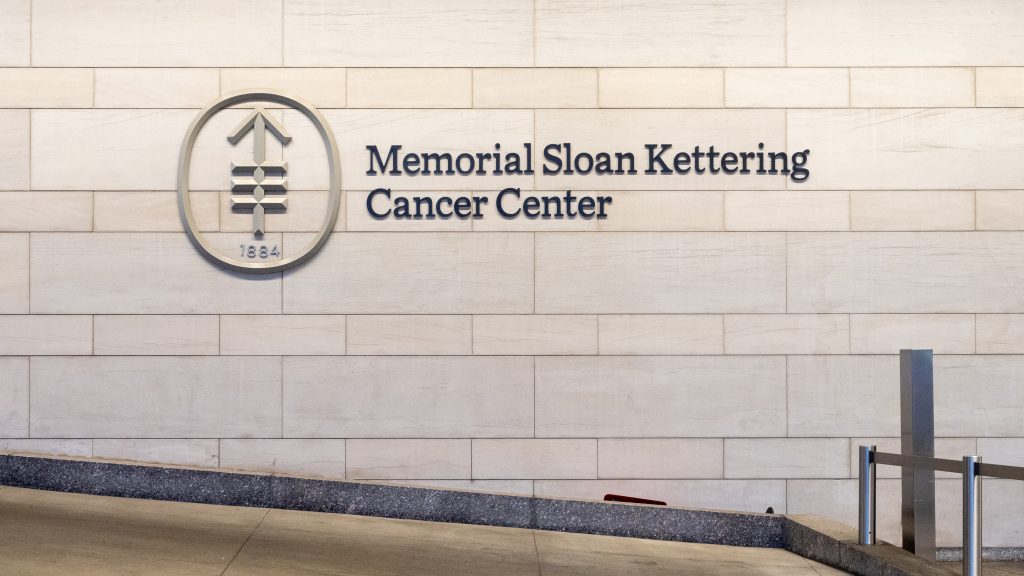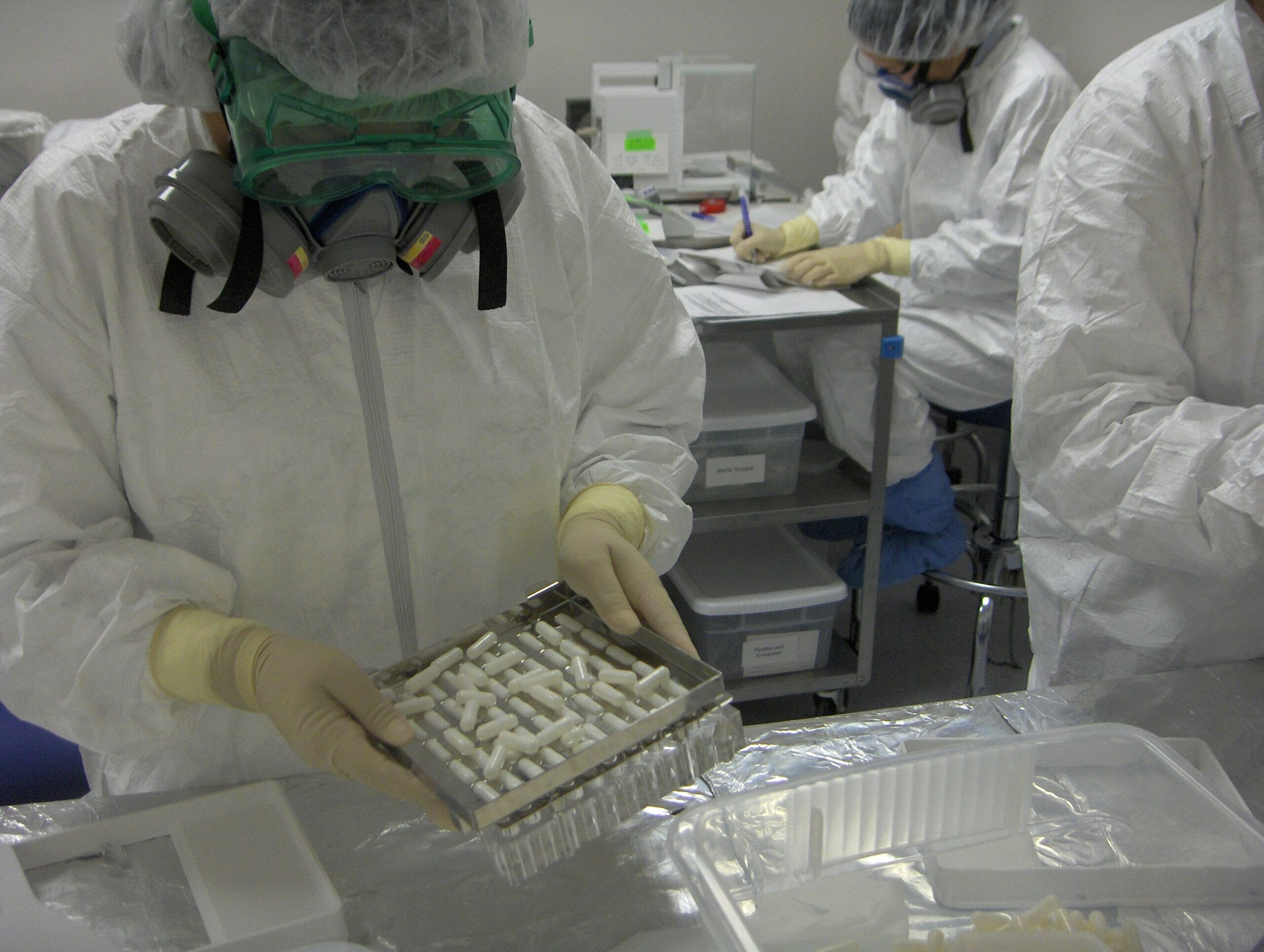A cancer trial in America has proved extremely effective, seeing remission in every patient.
Cancer research has come a long way over the past half-century with cancer survival improving and doubled over the last 40 years in the UK. Developments such as a breast cancer vaccine that has recently entered human trials show how far progress has been made. However, cancer is still one of the most deadly diseases facing people around the globe it is predicted there was be a total of 176,000 deaths from the ten cancers in 2021 in the UK alone. With no cure in sight and the expensive and intensive cancer treatment, many have to undergo, researchers are itching to find a way to put a stop to this deadly disease.
Hope may be on the horizon as a recent trial of a drug has seen cancer wiped out in every single patient that took it.
The trial, conducted by Memorial Sloan Kettering Cancer Center in Manhatten, New York, proved astonishing results in their study of 18 rectal cancer patients. Though it is worth noting that this is a small sample size, cancer vanished in every single patient, undetectable by physical exam, endoscopy, PET scans or M.R.I. scans.

Led and authored by Dr. Luis A. Diaz Jr, their 100 percent success rate was stated in a paper by the center published in the New England Journal of Medicine. Speaking with The New York Times Dr. Diaz Jr. said the following: “I believe this is the first time this has happened in the history of cancer.” This statement has been corroborated by other cancer specialists such as Dr. Alan P. Venook, at the University of California, San Francisco.
The drug itself is called dostarlimab and is sponsored by the drug company GlaxoSmithKline. It was administered to each patient every three weeks for a total of six months. The patients who had faced grueling treatments: chemotherapy, radiation, and life-altering surgery that could result in multiple health complications; however, in spite of their skepticism of the trial, the study proved that no further treatment was necessary.
They no longer faced the risks of these potentially damaging treatments by the end of the trial when they showed no signs of a tumor after receiving an MRI, biopsy, and rectal examination. The drug also proved not to have clinical side effects with one in five patients having some sort of adverse reaction to drugs like the one the patients took.
“There were a lot of happy tears,” said Dr. Andrea Cercek, an oncologist at Memorial Sloan Kettering Cancer Center and a co-author of the paper, told The Times.
The trial also proved effective in the long-term, with no instances of recurring cancers in the patients during their follow-up appointments from six to 25 months after the trial’s conclusion.
However, in spite of this success story, the study’s “small but compelling” results render the study so far inconclusive, according to Dr Hanna K Sanoff of the University of North Carolina’s Lineberger Comprehensive Cancer Center.
“Very little is known about the duration of time needed to find out whether a complete clinical response to dostarlimab equates to cure,” Sanoff penned in an editorial accompanying the paper.
Nevertheless, It still serves as hopeful news for patients, and treatments such as this are a step closer to furthering the research and development of more successful cancer treatment in the future.














